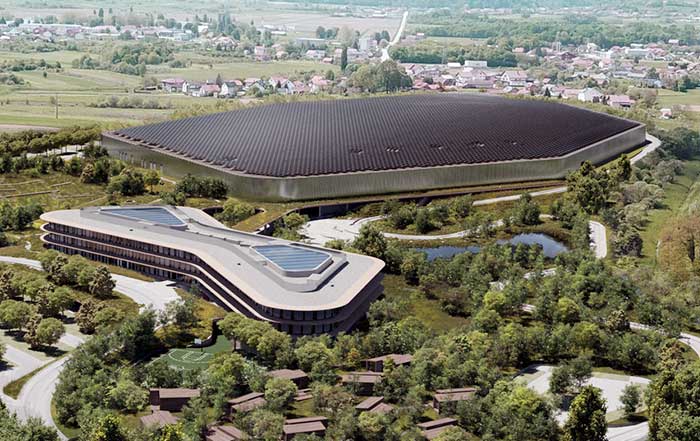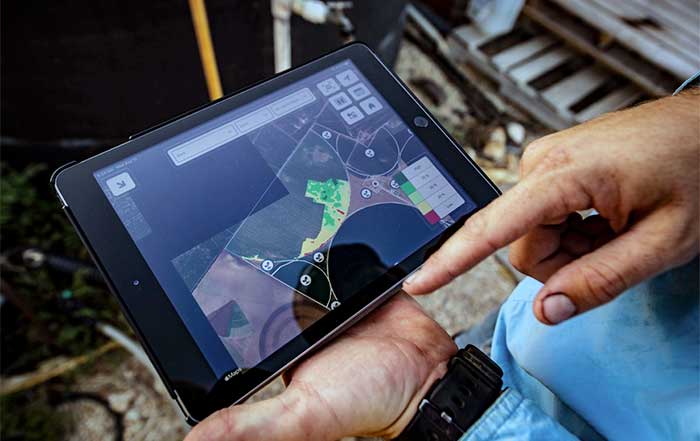Rimac Technology announces its entry into the stationary energy storage systems (ESS) market with a new brand, Rimac Energy.
This marks a major milestone for the company, as it expands beyond its market-leading EV technology and introduces innovative stationary energy storage systems. These stationary solutions are essential in realizing the full potential of renewable power generation and driving the decarbonization of our energy networks.
The Rimac Energy team has been steadily built as a specialized team within Rimac Technology over the last 18 months and now consists of 60 dedicated employees - all of whom currently work on its first generation of stationary ESS and pilot applications with select customers.
Leveraging Rimac's renowned expertise in EV technology, Rimac Energy applies the same engineering philosophy and design know-how to stationary energy storage applications. As a result, Rimac Energy has created a novel battery architecture that reduces efficiency losses by up to 50% whilst decreasing the system footprint by up to 40% compared to current state-of-the-art solutions. Additional technological benefits include improved cycle life, built-in redundancy for increased availability, as well as competitive material and installation cost.
Rimac Energy's Director, Wasim Sarwar, commented:
"At Rimac we have always been driven by innovation and a passion for pushing the limits of what is possible in the automotive industry. However, we recognize the importance of stationary storage solutions to power our planet sustainably. Given our track record in innovative battery technology, we believe we will play a vital role in building Europe's future energy ecosystems, elevating it on the global stage."
Initially, Rimac Energy will provide solutions for large commercial, industrial, and utility-scale applications, with battery-buffered solutions for fast and mega-watt charging already underway. The company currently has several customer projects in discussion, including a pilot with a leading renewable energy company to provide battery storage solutions for their solar and wind power plants. These pilot systems are expected to be produced by the end of this year, and commissioned in 2024. Mass manufacturing is set to start in 2025, with manufacturing capacities continuously scaling up into the double-digit GWh-scale.
Rimac Group founder and CEO, Mate Rimac stated:
"There is an urgent need for clean energy infrastructure to support the integration of renewable energy sources into the grid by providing storage and balancing capabilities. Given our head start in EV technology and dedication to sustainability, this path feels like a seamless progression for us. Our team is truly excited about creating solutions that make clean energy more accessible, as we strive to decrease our dependence on fossil fuels and foster a greener future."
Rimac Energy's unique technology is being developed and manufactured at Rimac's facilities on the outskirts of Zagreb, Croatia and will be revealed later this year.
The Rimac Group, led by CEO Mate Rimac, is a majority shareholder of Bugatti Rimac and the sole stakeholder of Rimac Technology. The Group brings together the most advanced hypercars in the world with a globally renowned team developing high performance electrification, software solutions for the world's largest OEMs, and next generation energy storage solutions for a sustainable future. Rimac is based on the outskirts of Zagreb, Croatia, with locations around Europe, and currently employs more than 2,000 people. From 2023, the Rimac Group will be headquartered at a new state-of-the-art 100,000 m² Rimac Campus, large enough to accommodate over 2,500 people.




